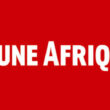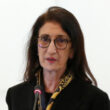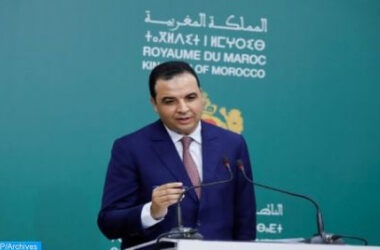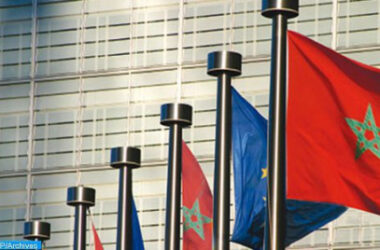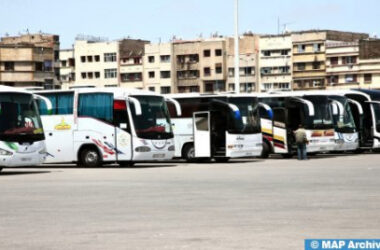The book by academic and expert in economics and international relations, Altair de Souza Maia, provides a detailed analysis of key events and imperfections in trade in the South Atlantic and suggests alternatives where Morocco and Brazil can be the main protagonists.
The book was released during the Ceara Global, a forum held in Fortaleza (northeast) to promote the integration of the Brazilian Northeast in the strategic channels of international trade. It will be translated into French and English before its presentation in Morocco in the first half of next year, the author told MAP.
The main objective of this book “is to help promote exchanges between Brazilian and African stakeholders, including Moroccan ones,” he said, adding that Brazil and Morocco “can be great partners, to serve all of Africa, thanks to the important infrastructure that the Kingdom has.”
“Morocco, since its return to the AU (African Union), has become a major gateway to the entire African continent, mainly North and West Africa,” the author noted. Through the Port of Dakhla, the Kingdom can consolidate into a major hub linking South America and West and North Africa.
De Sousa Maia explained that “Brazil and Morocco can be great partners in this commercial rapprochement of the two continental blocks, given their leadership in their respective environments.”
The book, published in Portuguese, points out that “with a trade flow that exceeds one thousand billion dollars per year, we must focus more on security in the South Atlantic.”
“The trade between South America and Africa, which is below 3% of what is traded by these two continental blocks with the rest of the world, is something unacceptable, with respect to our history, our cultural ties, and our common past,” the book reads.






